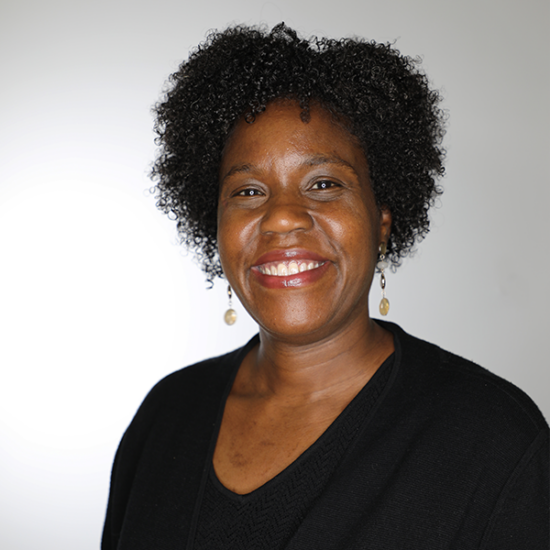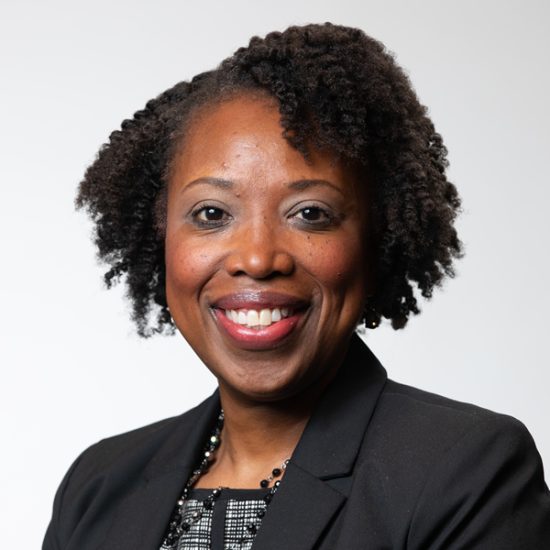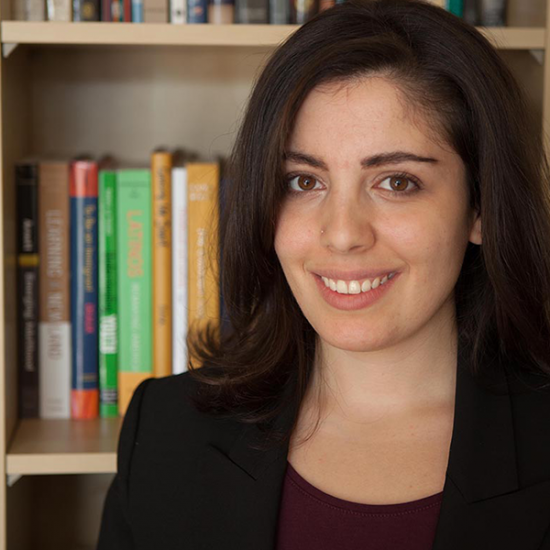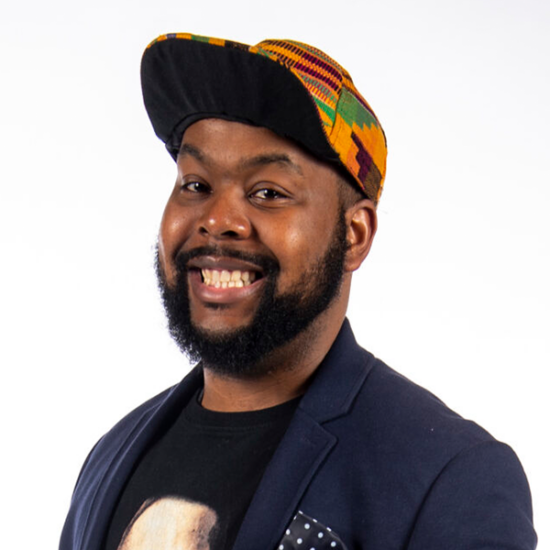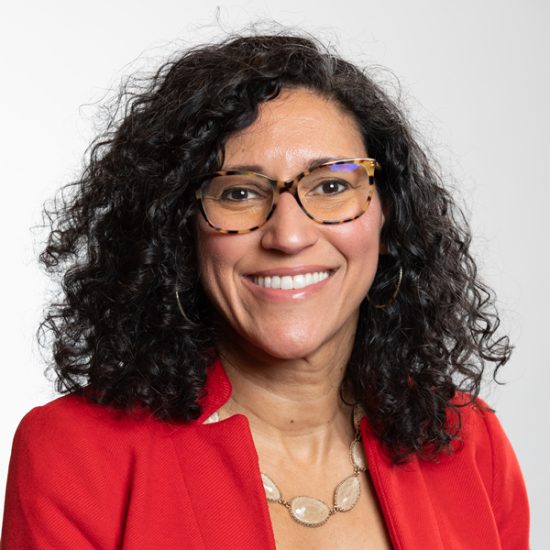Preparing education professionals to work with urban youth and their communities
Are you dedicated to working in alliance with young people to enhance their lives and facilitate their ability to thrive? The MEd in Youth Development program will prepare you to create and impact spaces, programs, and organizations in urban contexts to support youth in developing their social, emotional, physical, and intellectual selves.
Program courses and curriculum are designed to develop youth-dedicated professionals who understand the diverse contexts where youth learn and live. Graduates understand and value engagement with community and school stakeholders to foster youth’s strengths.
Examples of the types of organizations where Youth Development graduates work:
- Community-based organizations
- Not-for-profit organizations
- Schools and school systems
- Government
- Social service organizations
- Faith-based organizations
The Youth Development program focuses on:
- Youth as agents of change
- Urban environments
- Positive psychology/strengths
- Context and culture
- Social justice
- Self-reflection
Students in the Youth Development program are able to develop an area of specialization particular to their personal and professional goals in consultation and approval of their advisor.
Degree Requirements
Degree Requirements
Overall: 32 credit hours
9 credit hours must be completed at the 500 level
Frequently Asked Questions
Commonly asked questions about the MEd Youth Development program.
How long will it take me to finish the program?
2 to 3 years depending on whether you go full time or part time.
Can I attend part-time?
Yes! Students can take as few as one course a semester.
When do the courses meet?
Most graduate classes in the College of Education meet in the evenings from 5 p.m. to 8 p.m., one day a week.
Can I be employed full-time while working on my degree?
Yes, since many classes meet in the evenings, it is possible. You can also choose to go full-time (3 classes per semester over 2 years), part-time (1 to 2 classes per semester), or a combination.
Does the program admit for Spring semester?
No, the program only admits in the Fall semester.
Is the GRE required to apply?
No tests are required. However, submitting GRE scores may strengthen an application to the Thesis strand.
I am interested in earning a PhD in the future. Is this program a good fit for me?
Students have the option of choosing the Applied or the Thesis strand of the degree. Students from both strands have successfully gained admissions to PhD programs. The Thesis strand, however, specifically provides students with experience and coursework in conducting academic research.
If I want to be a classroom teacher or a principal, is this the right program for me?
The youth development program does not lead to teacher or principal licensure. Students wishing to pursue an initial teaching license or educational leader credential will not be able to complete those within the MEd Youth Development Program and should look into other academic degree programs. Current teachers or educational leaders interested in pursuing an advanced degree, may find the youth development program of interest.
Is financial aid available?
All financial aid programs available to students at UIC are available for this program. Check out the Financial Aid page on our website for more information. Any further questions about financial aid can be directed to the Office of Student Financial Aid at money@uic.edu.
What will I be able to do with my degree when I'm done?
Make a difference! Some sample professions include:
- After-school coordinators who work with youth to enhance their physical, social and emotional well-being
- Community organizers who work with young people to use their skills and resources to advocate for change in their schools, communities, states and in national settings
- Juvenile justice advocates who work to create criminal, social and family systems that support young people and provide them with positive developmental opportunities that allow them to flourish
- Professionals who work in youth-serving organizations in research and evaluation, training and professional development
- Public health professionals who work with youth to enhance community based health programs
